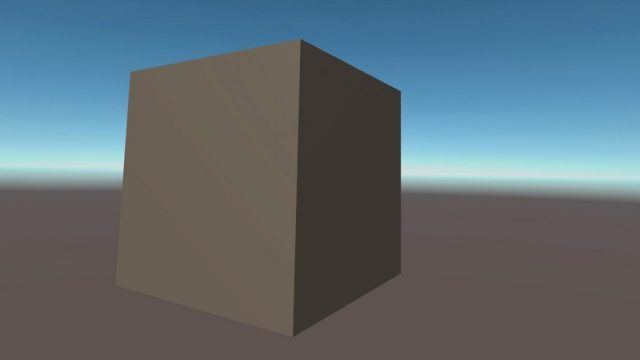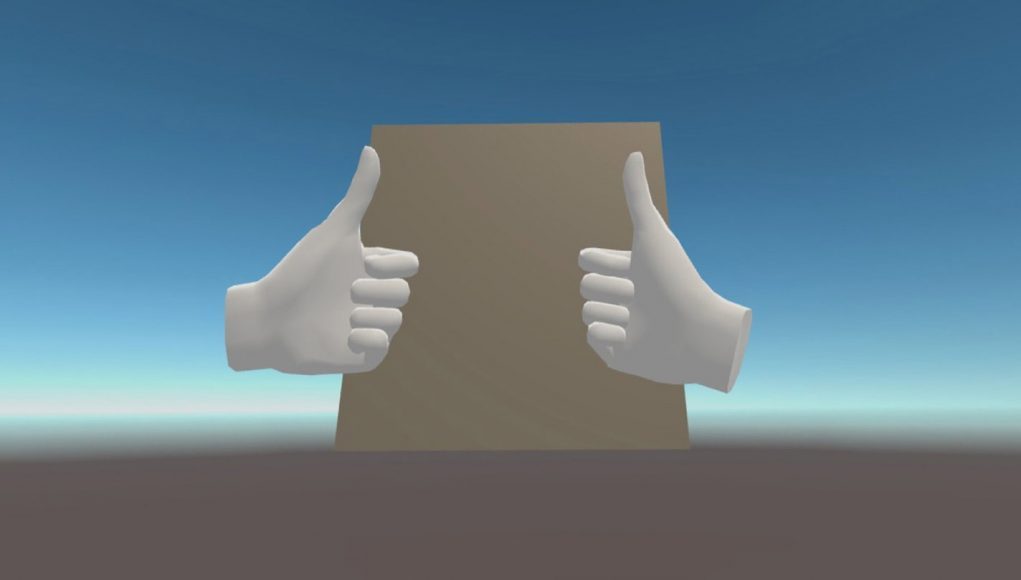The Unity Cube is an objectively terrible game that was built to test the limits of what Quest content Meta would allow into its uncurated App Lab program. The experiment continues to prove its worth; now that Meta has dissolved App Lab, The Unity Cube has moved to the main Quest store and shown that Meta is truly hands-off when it comes to the scope or quality of what can get listed in its VR game store.
For a long time the only official way to distribute an app on Quest was to submit it to Meta for manual review. But Meta would only accept applications which met opaque quality criteria, like how much content the app offered and whether it was appropriately polished. This made it difficult for developers to get smaller or experimental apps in front of the Quest audience, leading to significant developer outcry for a more open process.
That prompted the creation of ‘App Lab’, an alternative distribution approach for Quest which allowed developers to submit applications for distribution without any judgement on quality or scope. But it came with the caveat that App Lab apps wouldn’t be shown in the main Quest store, leaving it up to developers to point their audience to the app’s page.
To test whether Meta was going truly hands-off when it came to the quality of App Lab apps, developer Tony “SkarredGhost” Vitillo created The Unity Cube.

As the name implies, the app is simply a blank Unity environment with a grey cube—that you can’t even interact with. Even at the great price of free, this app would have never stood a chance of making it onto the main Quest store. But could it make it onto App Lab?
Indeed, Meta allowed The Unity Cube into App Lab, proving it would let just about anything into the program, as long as technical requirements were met and content guidelines were respected (ie: no adult or illegal content).
It was good news that developers could submit any app to App Lab for distribution on Quest without worrying that Meta would block an app on the grounds that it wasn’t complete or polished enough. But sentiment remained that having this ‘unlisted’ Quest store made it unnecessarily difficult for developers to find customers.
After several years of App Lab, developer pressure finally pushed Meta to dissolve the program, ultimately merging the App Lab store with the main Quest store. This meant anyone could submit an app of any quality to the main Quest store where it would be visible to customers through browsing and searching.
Last week The Unity Cube completed its journey and became listed on the main Quest store, along with other App Lab apps, again proving that Meta would be truly hands-off on curation.
And though it’s still possible for developers to mark their Quest apps as “Early Access”—to tell customers to expect something experimental or incomplete—The Unity Cube’s creator joked that “it’s not even in Early Access because it is perfect as it is!”







